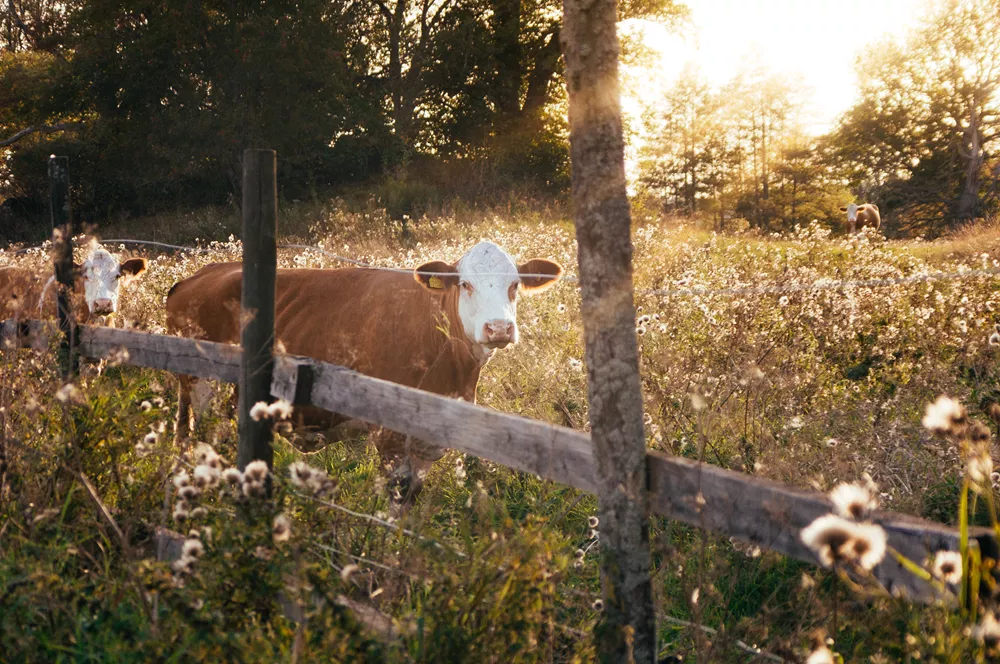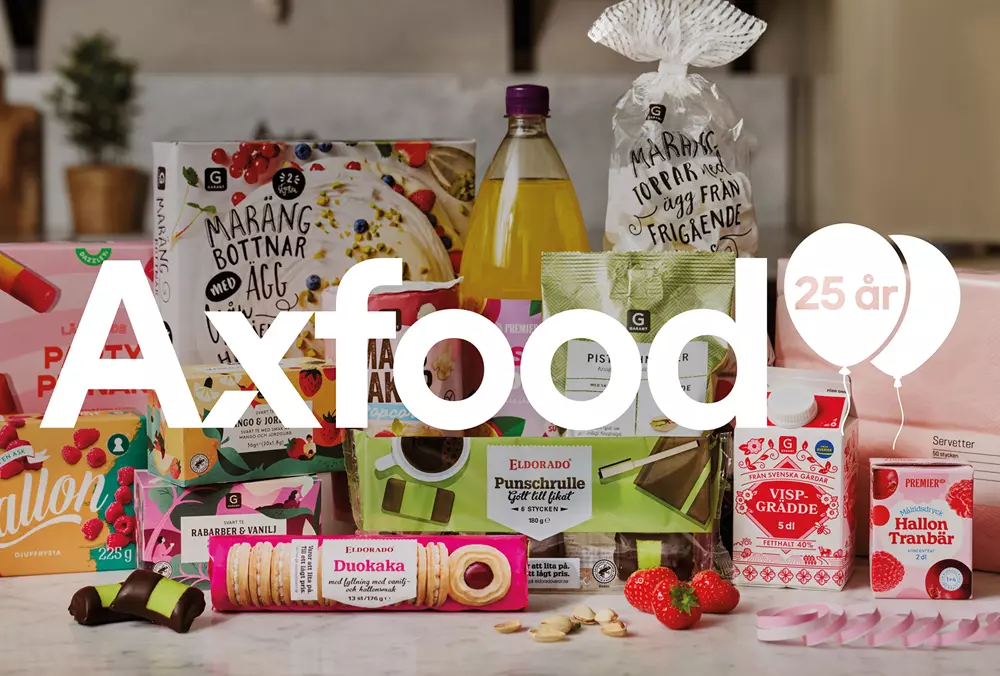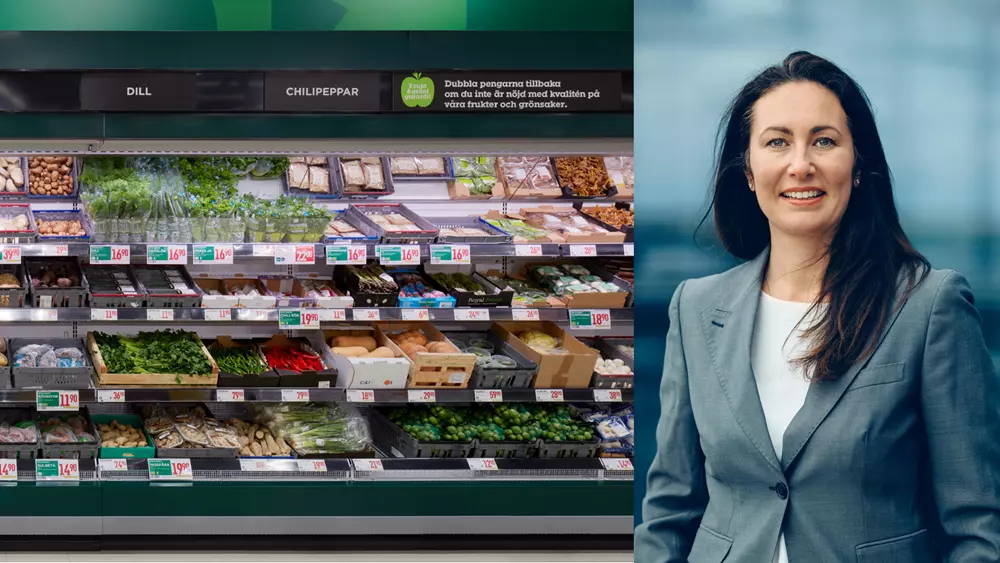Swedish cows are unique in the EU for being subject to general grazing legislation. Now, this is under threat. If the grazing requirement is removed, it will impact the environment, small dairy producers, and Sweden's entire food supply. The cows should rather be allowed to graze more

Swedish cows are unique in the EU for being subject to general grazing legislation. Now, this is under threat. If the grazing requirement is removed, it will impact the environment, small dairy producers, and Sweden's entire food supply. The cows should rather be allowed to graze more
Swedish food production is distinguished by high quality, good animal welfare, ambitious environmental requirements, effective disease control, and restrictive use of antibiotics for healthy animals. These aspects are not only added values to be proud of, but they are also crucial for Swedish food to be competitive, both today and in the future.
These added values are one reason why the retail industry has long chosen to invest in Swedish dairy raw materials for their private label products. In a highly price-pressured industry with competition from producing countries with lower production costs, it is necessary to continue developing and strengthening the Swedish added values to maintain a strong market position.
Favorable and reasonable conditions for Swedish farmers are crucial to maintaining sustainable and competitive food production of high-quality food. It is also important for food culture and supply capacity.
One of the strongest added values for Swedish food is good animal welfare. According to current legislation, female animals older than six months must graze for at least six hours per day, between two and four months during the summer, depending on where in Sweden they are located.
The grazing requirement contributes to good animal welfare and biodiversity, values that many consumers are willing to pay for. Today, Sweden is the only country in the EU with general grazing legislation, which is an important argument for choosing Swedish food.
Cows are adapted to graze, a natural behavior that is impossible to satisfy indoors.
Through advances in animal husbandry, development has moved in the right direction. The transition from a production where cows were previously tied up to free-stall housing indoors has contributed to better animal welfare. However, indoor free-stall housing cannot replace the cows' need to graze. Cows are adapted to graze, a natural behavior that is impossible to satisfy indoors. Grazing also has numerous health benefits for the animals, such as better hoof and leg health and reduced incidence of inflammation.
The grazing legislation for dairy cows has come into focus with the government's investigation "Strengthened Competitiveness for Food Producers and Strong Animal Protection." If the grazing requirement is abolished or reduced, many dairy producers would likely choose to keep their animals grazing. However, it would also lead to many cows grazing less or not at all.
This would be unfortunate not only for the cows' well-being and biodiversity but also because it would risk reducing many consumers' willingness to buy Swedish products. For the retail industry, added values in animal welfare and the environment are important for choosing raw materials, even if they are more expensive. In the long run, this could have serious consequences for Swedish farmers and the country's food production.
Abolishing the grazing requirement would likely accelerate the structural transformation to fewer and larger farms. This is because it is mainly large farms that have difficulty arranging sufficient grazing for the animals close to the farms.
Allowing larger dairy farms to become even larger does not benefit biodiversity or the environment; rather, the opposite. With fewer and larger dairy producers, Sweden's food supply could also become more vulnerable.
How abolishing the grazing requirement would strengthen the competitiveness of smaller dairy farms in forest and intermediate areas is unclear. These farms also contribute significantly to keeping natural pastures – which are often found in such areas – open. Only a small portion of the species-rich natural pastures that existed a hundred years ago remain today. It is a development with few winners.
To enhance the competitiveness of Swedish farmers, we propose not only maintaining the statutory grazing requirement but also promoting a longer grazing period. The voluntary extended grazing period could be substantially compensated so that farmers perceive it as a replacement for the statutory requirement. Within the EU, compensation cannot be paid for measures that are legal requirements. This further strengthens the added value of Swedish food, while also benefiting biodiversity and improving animal welfare.
Animal welfare and biodiversity are often highly valued by Swedish consumers. Without the grazing requirement, the arguments for consumers to choose Swedish food in the future may weaken.
It is time to recognize the benefits of the grazing requirement and allow more animals to graze – and compensate farmers for the environmental benefits they contribute. Not only for the well-being of the cows and biodiversity, but also to strengthen food security and as a unique competitive advantage for Swedish food production.
Recently, it was announced that the government's investigation into the grazing requirement will be given more time. Our hope is that the investigation will use this time to find a constructive solution that provides farmers with higher compensation while maintaining grazing practices. Such support for grazing beyond the statutory requirement would both increase competitiveness and improve animal welfare on a voluntary basis.
Helena Allard, Sustainability Innovator & Åsa Domeij, Head of Sustainability Axfood
The article was published in DN Debatt on July 31, 2024


